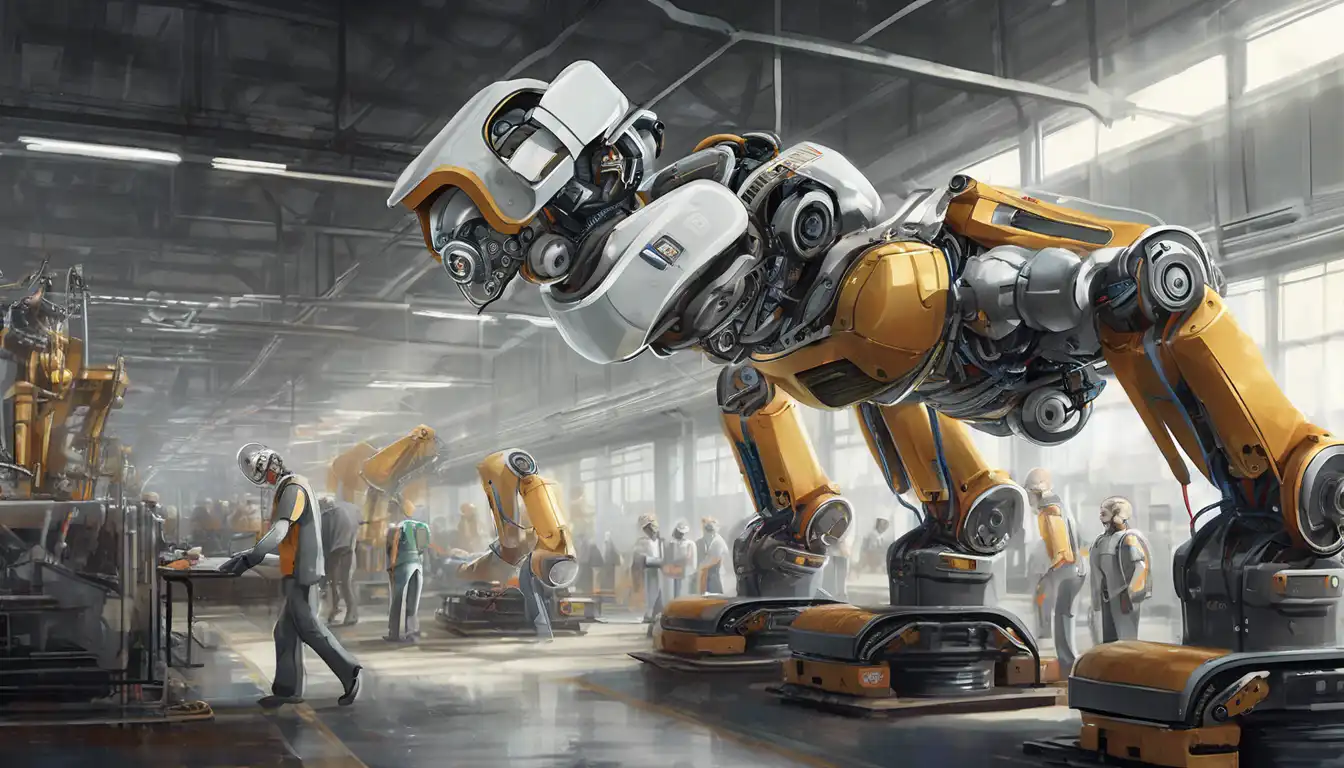The Revolutionary Impact of Robotics on Modern Manufacturing
In the ever-evolving landscape of industrial production, robotics has emerged as a cornerstone of innovation, driving efficiency, precision, and scalability to unprecedented levels. This transformative technology is not just reshaping manufacturing processes but is also redefining the future of work in the sector.
Enhancing Efficiency and Productivity
Robotic systems are designed to perform repetitive tasks with unmatched speed and accuracy, significantly reducing production times and minimizing human error. By integrating robotics into manufacturing lines, companies can achieve higher output rates while maintaining consistent quality standards.
Reducing Operational Costs
Although the initial investment in robotics technology can be substantial, the long-term savings are undeniable. Robots can operate around the clock without fatigue, reducing labor costs and increasing overall profitability. Additionally, their precision minimizes material waste, further cutting expenses.
Improving Workplace Safety
Manufacturing environments often involve hazardous conditions that pose risks to human workers. Robotics can take over dangerous tasks, such as handling toxic materials or operating heavy machinery, thereby enhancing workplace safety and reducing injury rates.
Facilitating Customization and Flexibility
Today's consumers demand personalized products, and robotics enables manufacturers to meet these expectations efficiently. Advanced robotic systems can be quickly reprogrammed to adapt to new product designs, allowing for greater flexibility in production lines.
Driving Innovation and Competitive Advantage
Companies that embrace robotics in manufacturing gain a significant competitive edge. By leveraging cutting-edge technology, they can innovate faster, improve product quality, and respond more swiftly to market changes.
As we look to the future, the role of robotics in manufacturing is set to expand even further. With advancements in artificial intelligence and machine learning, robotic systems will become more intelligent, autonomous, and capable of performing complex tasks. This evolution promises to unlock new possibilities for efficiency, customization, and sustainability in manufacturing.
For those interested in exploring more about how technology is transforming industries, check out our articles on automation trends and the future of work.
